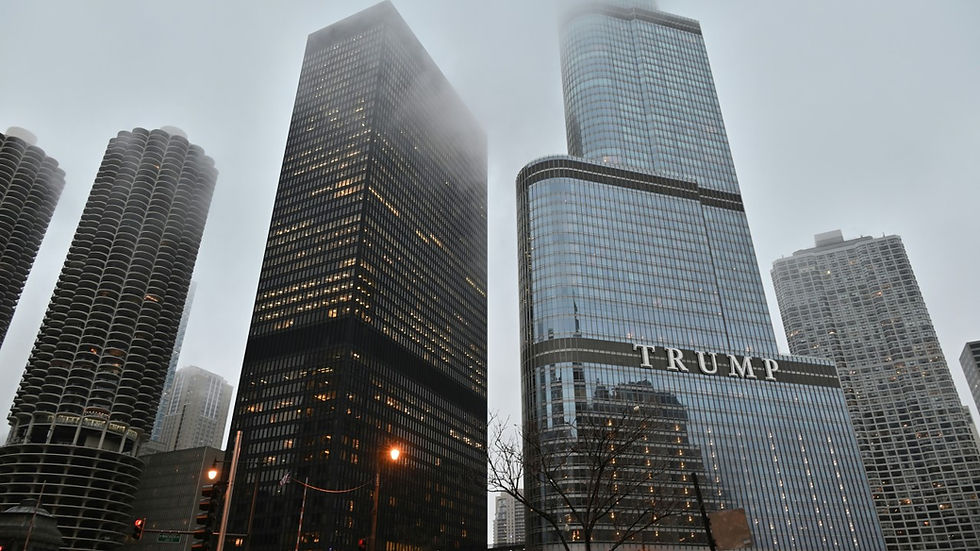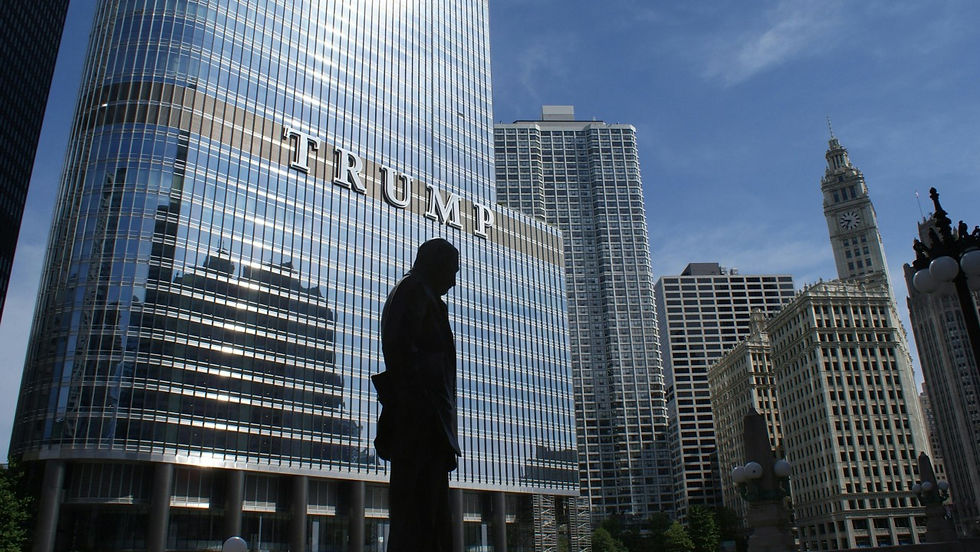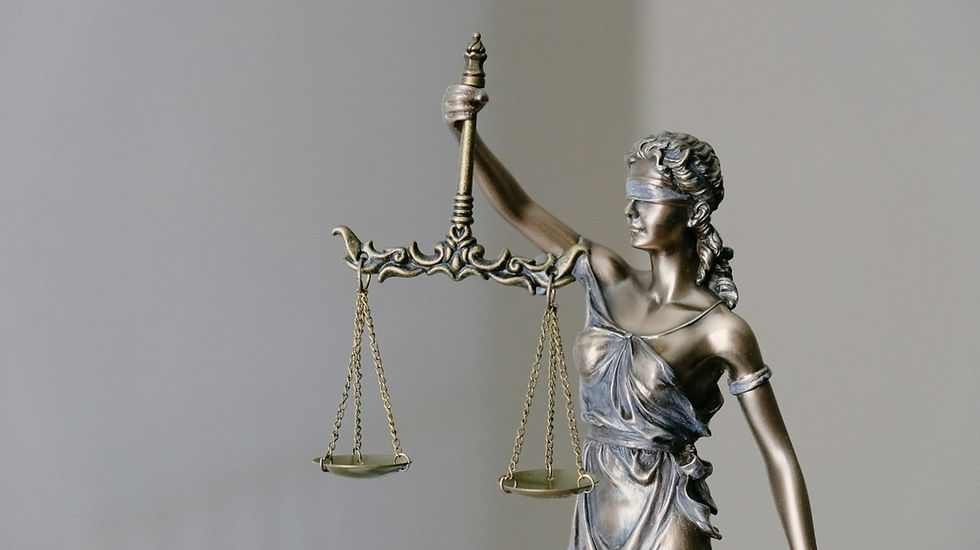Japan and Trump - A Rocky Relationship
- May 1, 2025
- 3 min read
Before Trump’s first inauguration back in 2016, the former and since assassinated Prime Minister of Japan, Shinzo Abe, became the first world leader to meet with the President, gifting him a gold-plated golf club. Across the remainder of Trump’s first term, Shinzo Abe cultivated one of the closest relationships among world leaders with America’s unpredictable 45th President. Aside from the symbolic implications of such a close relationship, Abe’s golfing visits to Mar-A-Lago and consistent phone calls between the pair delivered real policy wins for Japan. A US-Japan trade deal in 2019 didn’t mention automobile tariffs and Trump also signed America up to Abe’s Free and Open Indo-Pacific strategy, which looked to bolster economic ties between the U.S.'s allies in the Pacific in a move to counter Chinese influence. A problem that hasn’t shown any signs of diminishing today.
The United States has long served as Japan’s primary security guarantor, a role that has become even more critical as concerns over China deepen. Japan also relies heavily on U.S. imports, from fighter jets to soybeans - , which are essential to many traditional Japanese foods. On the export side, Japan’s renowned automobile industry depends significantly on access to the American market. Given how deeply intertwined Japan’s economic and defence interests are with the United States, Abe’s charm offensive towards Trump is better understood as a more calculated necessity to keep America sweet. However, Abe's assisination after leaving office left a void both inside Japan and out. So when a newly invigorated Trump 2.0 took office it was no surprise that Japan was not spared in his tariff wars.
Japan’s current Prime Minister Ishiba Shigeru has tried to replicate the good will cultivated by Abe. Replicating the gold club gesture the Japanese leader brought a golden samurai helmet made in his home district of Tottori. Ishiba’s cabinet members also helped by reaching out to Trump’s incoming cabinet members and foreign Minister Iwaya Takeshi attended the inauguration and, on the sidelines, joined leaders of Australia and India for a meeting of QUAD foreign ministers that included U.S. Secretary of State Marco Rubio. However these attempts to placate have not been enough to assuage the President from slapping punishing tariffs on the island nation.
At last month’s Liberation Day in the Rose Garden, the President announced a 25% tariff on all car and truck imports into the US and a further 24% tariff on all other goods from Japan, although temporarily reduced to 10%, Japan’s stock market is reeling from the decision but despite the absence of Abe’s close personal relationship with Trump, Ishiba can take solace in the realities that despite the threats - the U.S. needs Japan.
Over the past decade, it has become increasingly common in U.S. foreign policy circles to identify Japan as America’s ‘indispensable ally’. And for good reason. As America continues to pivot to the Pacific, Japan is ideally placed as a counterbalance to China’s influence in the South China Sea and wider Indo-Pacific region. When it comes to geostrategic significance, Japan’s value as a U.S. treaty ally is arguably unparallelled. China, Russia, the Korean Peninsula, and the Taiwan Strait are all within 200 miles of Japanese soil. Accordingly, Japan’s continued willingness to host over 50,000 U.S. military personnel, the highest number stationed anywhere overseas, and the U.S. Navy’s only forward-deployed aircraft carrier is fundamental to their united efforts to deter aggression and maintain regional peace and stability in the region.
This week, Japan is set for ‘Guinea Pig’ trade talks with Trump’s team, and has been supposedly placed at the ‘front of the queue’ to renegotiate with the U.S. Trump’s approach to Japan going forward will serve as a key bellwether for how far he’s willing to compromise his personal convictions in favor of America’s broader strategic aims against China. Given Japan’s sizable trade surplus with the U.S. - among the top ten globally - there’s little reason to expect leniency. Yet, the pull of realpolitik and perhaps the lingering goodwill from the Abe era may ultimately work in Japan’s favor.




Comments